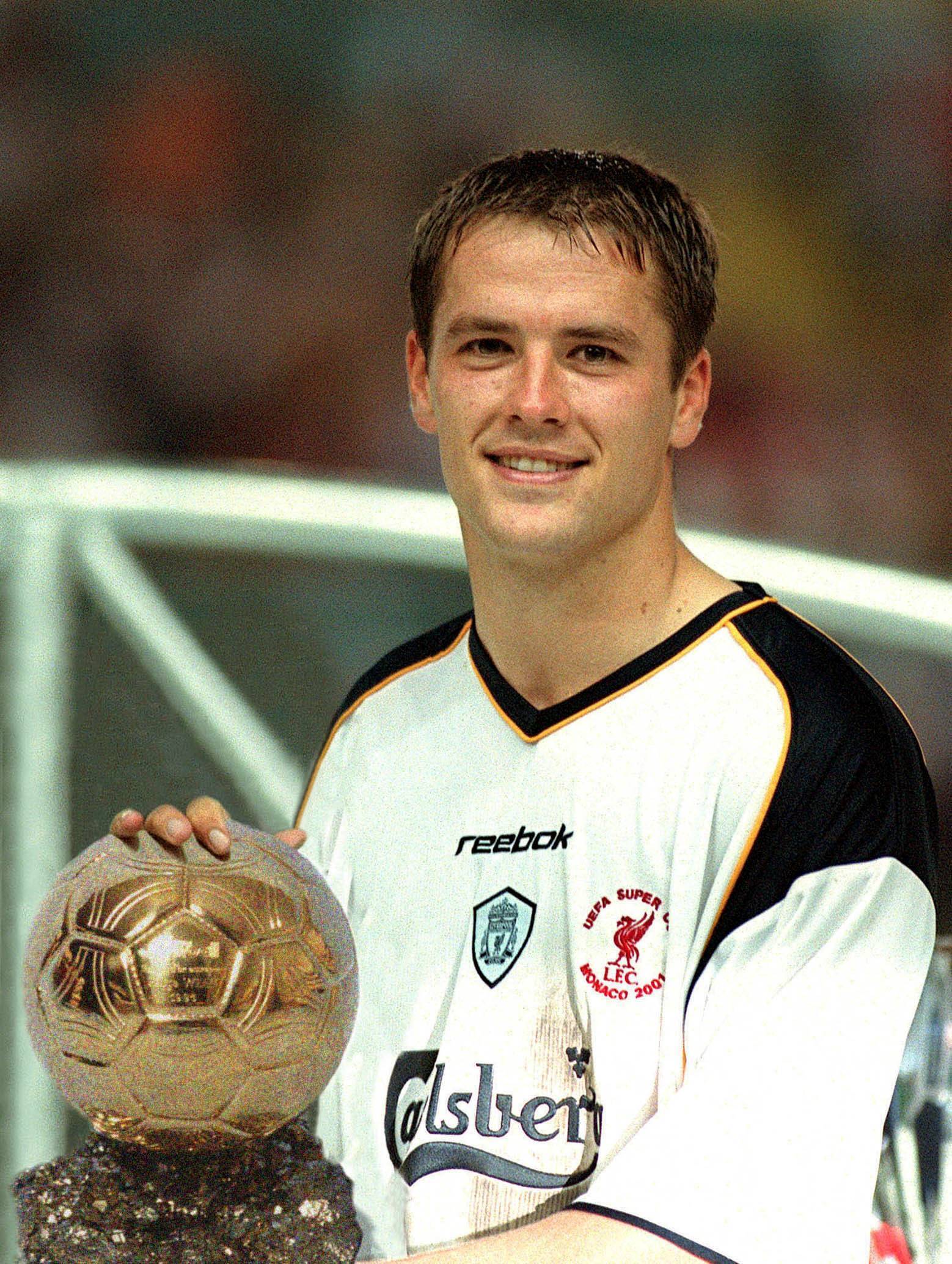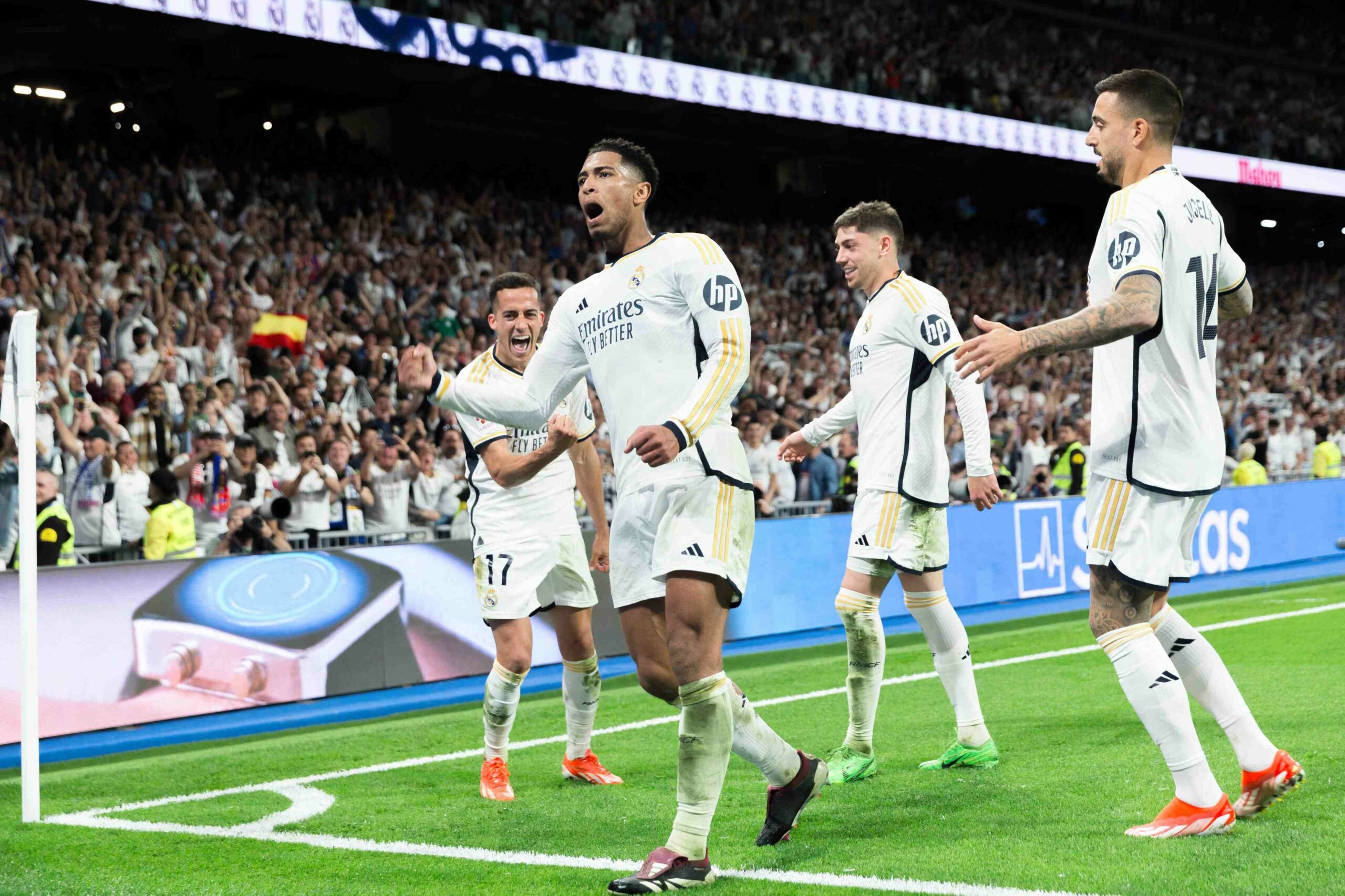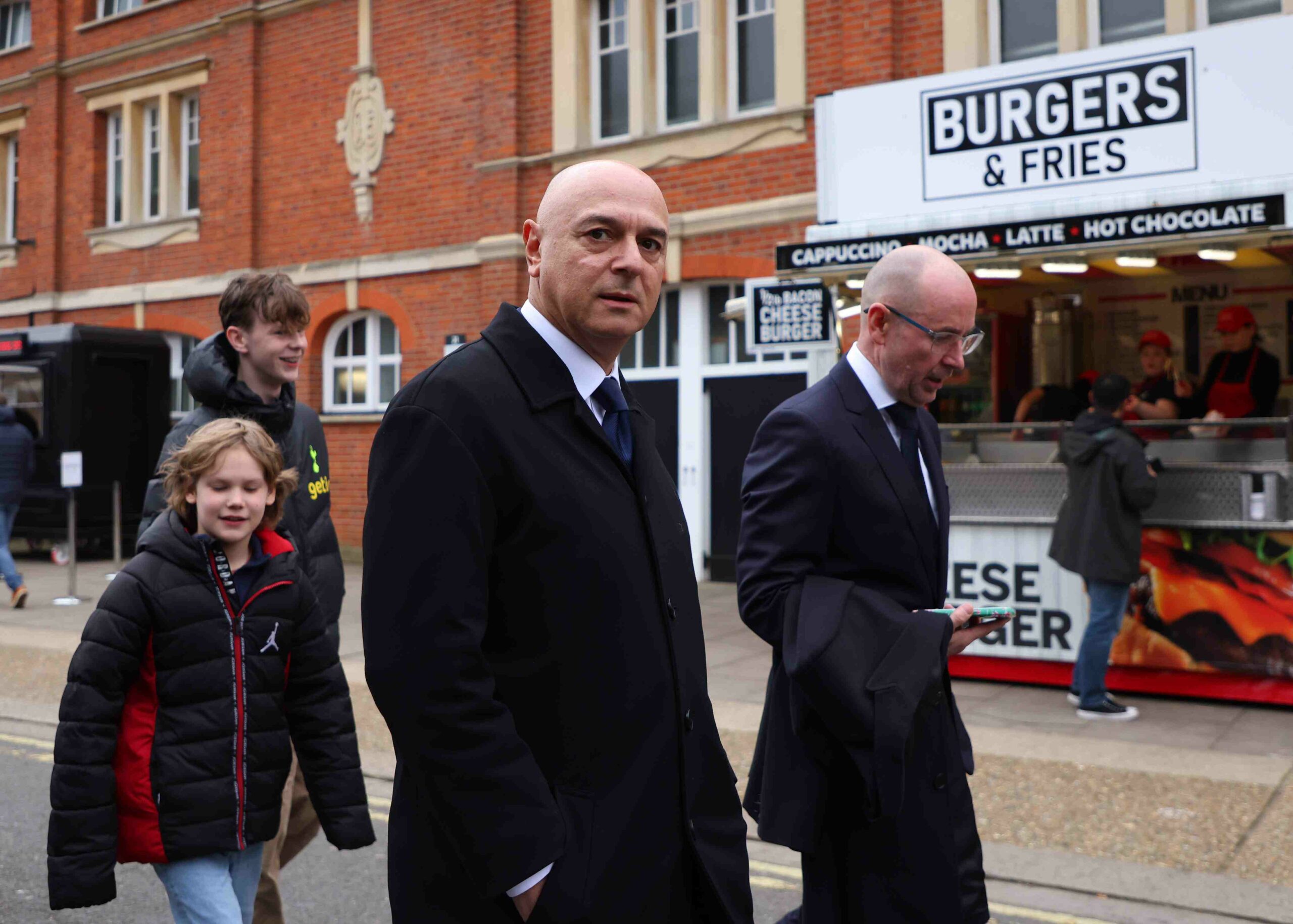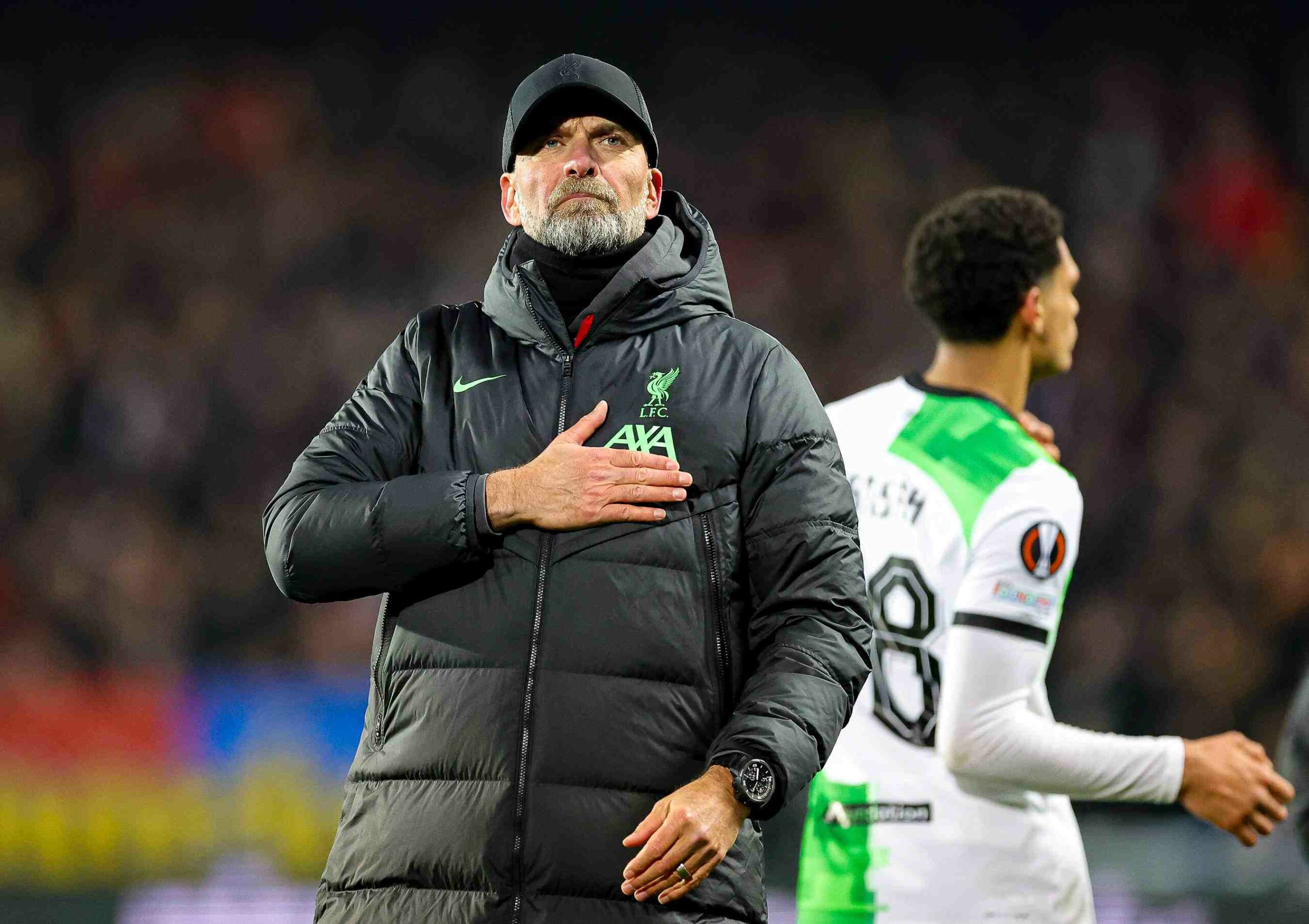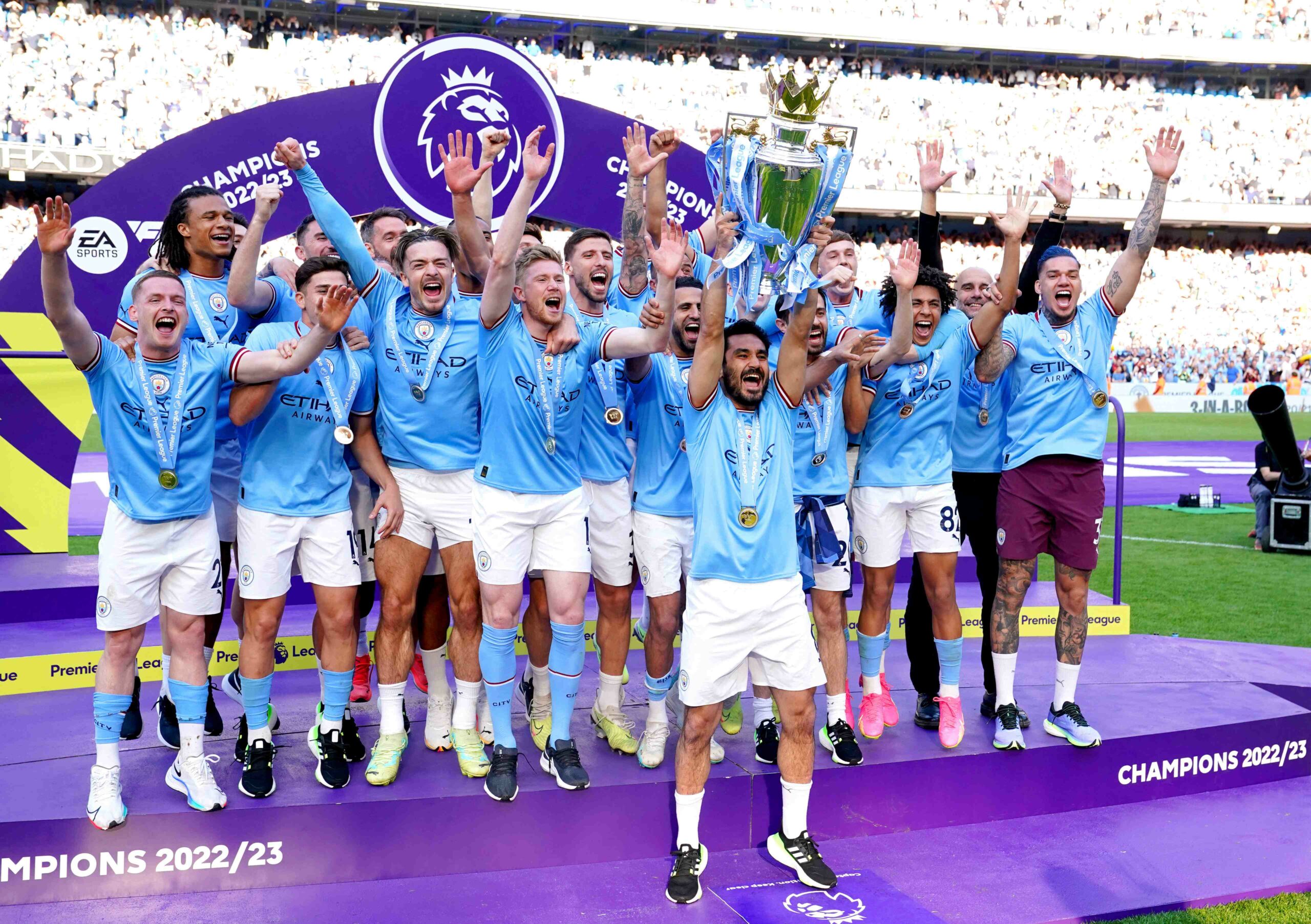Michael Owen's Ballon d'Or Victory: Reliving the Glory of an Iconic Footballer
In the illustrious history of football, there are only a handful of players who have had the honour of holding the Ballon d’Or trophy aloft.
The prestigious award recognizes the world’s best footballer each year, and in 2001, that honor belonged to Michael Owen.
The young English striker’s meteoric rise to stardom and his extraordinary performances on the pitch earned him a place among football’s elite.
This article takes a nostalgic look back at Owen’s Ballon d’Or win, the season that led to it, and the lasting impact of his achievement on the football world.
Michael Owen's Rise to Football Stardom
Owen’s Early Career and Breakthrough
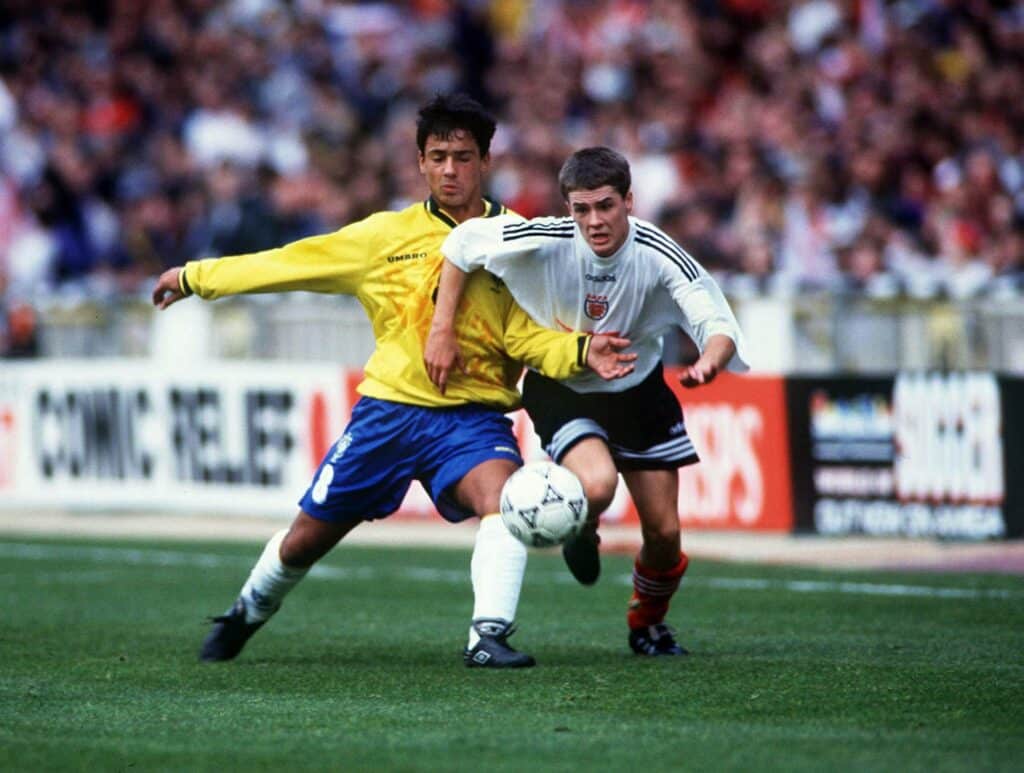
Young Michael Owen (source: Imago)
Michael Owen’s football journey began in his hometown of Chester, where he displayed exceptional talent from a young age.
His potential was quickly recognized, and at the age of 12, he joined the Liverpool youth academy.
Owen made his first-team debut for Liverpool at the age of 17, scoring a goal against Wimbledon in May 1997.
This marked the beginning of an illustrious career, as he quickly established himself as one of Europe’s most lethal forwards.
Becoming an Anfield Icon
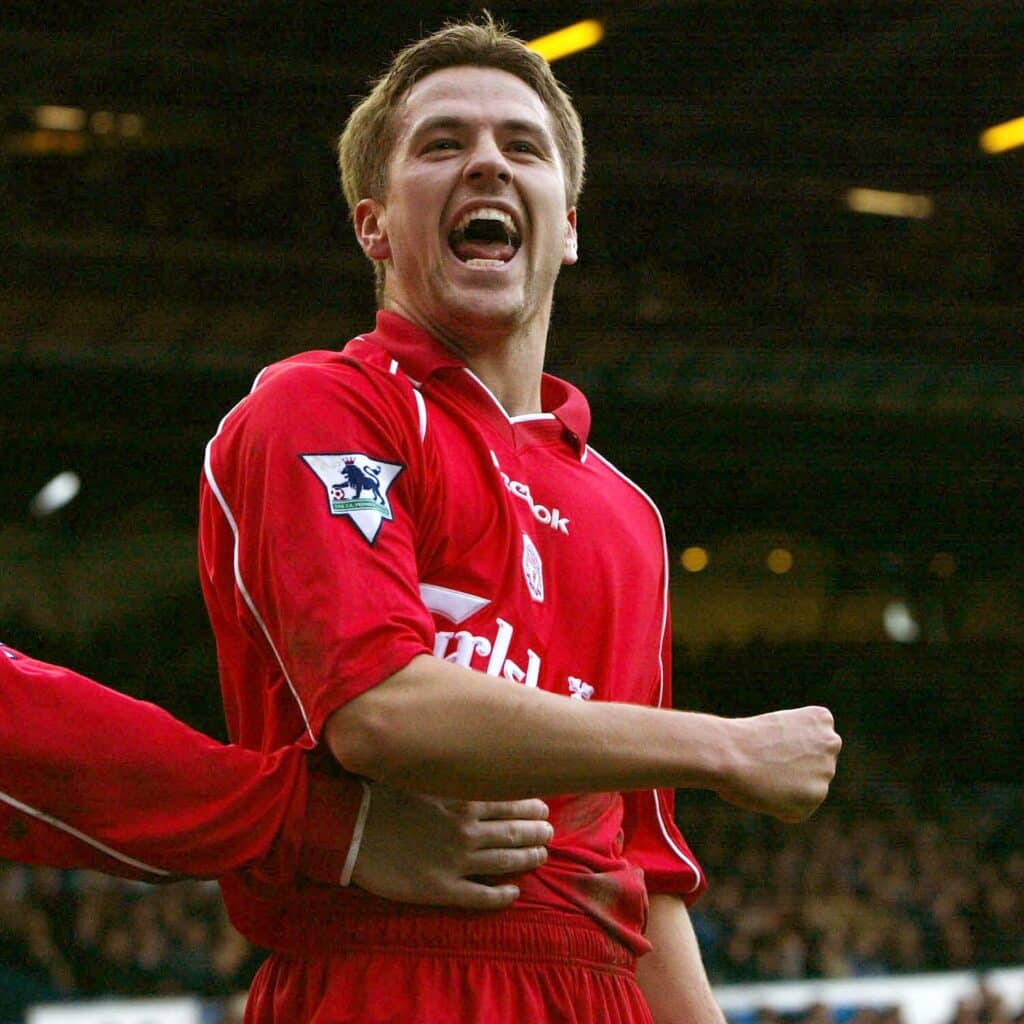
Michael Owen Liverpool Icon (source: Imago)
At Liverpool, Owen’s speed, agility, and goal-scoring prowess made him a fan favourite.
His breakthrough season came in 1997-98 when he scored 18 Premier League goals and was awarded the PFA Young Player of the Year. In the following seasons, Owen continued to terrorize opposing defences, forming a lethal partnership with fellow striker Robbie Fowler.
By the time the 2000-2001 season arrived, Owen had already cemented his status as an Anfield icon, but little did he know that his career was about to reach new heights.
The 2000-2001 Season: Michael Owen's Pinnacle Year
Key Performances and Goals
During the michael owen ballon d’or season of 2000-2001, he reached the pinnacle of his career, playing an instrumental role in Liverpool’s domestic and European success.
The Reds won a treble that season, securing the League Cup, FA Cup, and UEFA Cup trophies. Owen’s contribution to this success was immense, with his most memorable moment coming in the FA Cup final against Arsenal.
With Liverpool trailing 1-0 and only minutes remaining, Owen scored two stunning goals to secure a dramatic victory for his team. His heroics in the final further solidified his status as one of the world’s best players.
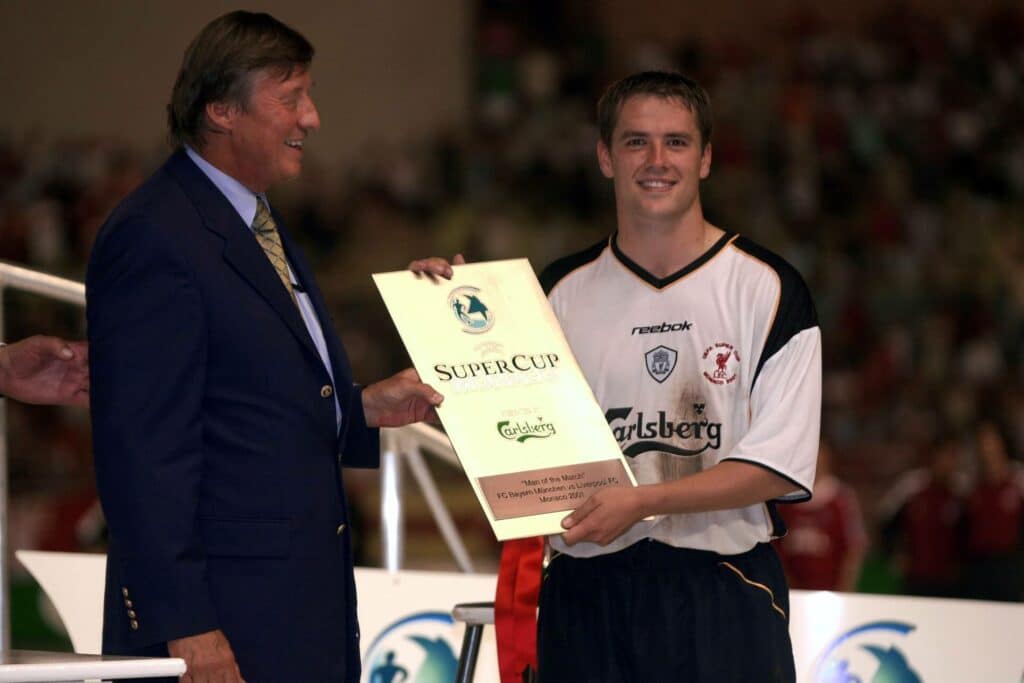
Michael Owen 2001 Super Cup winner (source: Imago)
Michael Owen Ballon d’Or Stats- Behind the Success
Owen’s Ballon d’Or-winning season saw him score an impressive 24 goals in 46 appearances across all competitions.
His goal-scoring feats were not limited to domestic competitions, as he also found the back of the net on numerous occasions in European matches. Owen’s ability to score crucial goals in important games, combined with his electrifying pace and clinical finishing, made him a standout performer in world football.
The 2001 Ballon d'Or Ceremony
The Moment of Glory
In December 2001, Michael Owen’s incredible season was recognized as he was awarded the prestigious Ballon d’Or, becoming the first English player to win the award since Kevin Keegan in 1979. Owen received 176 points in the voting process, finishing ahead of Real Madrid’s Raúl (143 points) and Bayern Munich’s Oliver Kahn (114 points).
His victory marked a historic moment for English football, as he became the fourth and youngest English player to win the award.
Owen’s Competition for the Crown
The 2001 Ballon d’Or competition was intense, with several high-profile players vying for the coveted trophy.
Owen’s main rivals included the likes of Real Madrid’s Raúl, who enjoyed a prolific season in La Liga, and Bayern Munich’s Oliver Kahn, who played a pivotal role in his team’s Champions League victory. Owen’s triumph over such illustrious names further emphasized the magnitude of his achievement.
The Youngest English Ballon d'Or Winner
Age Is Just a Number
At just 22 years old, Michael Owen’s Ballon d’Or win was a testament to his prodigious talent and relentless work ethic. This puts Owen as one of the youngest players to win the Ballon d’Or, and of the very few English Ballon d’Or Winners.
His victory showcased the potential of young English talents on the global stage and shattered the notion that experience was a prerequisite for winning the prestigious award. Owen’s youthful exuberance and fearlessness in front of goal made him a formidable force, one that defied his age.
Inspiring the Next Generation
Owen’s Ballon d’Or win had a profound impact on the next generation of English footballers. As a young, homegrown talent who had reached the pinnacle of world football, Owen became a role model for aspiring players across the country. His success demonstrated that, with hard work and determination, young English talents could achieve greatness on the international stage.
Examining Michael Owen's Ballon d'Or-Winning Performance
Owen’s Unstoppable Skillset
Michael Owen’s Ballon d’Or-winning season showcased the full range of his abilities.
His explosive pace and acceleration allowed him to leave defenders in his wake, while his composure and clinical finishing made him a constant goal threat. Owen’s dribbling skills and ability to create space for himself and his teammates added another dimension to his game. The combination of these attributes made him a nightmare for opposing defences, as he could strike at any moment.
The Impact on Liverpool’s Success
Owen’s performances during the 2000-2001 season were instrumental in Liverpool’s success across multiple competitions.
His goals and contributions in crucial moments, such as the FA Cup final, helped the team secure a historic treble. Owen’s presence on the pitch not only boosted his teammates’ confidence but also instilled fear in the opposition, as they knew that one moment of magic from the young Englishman could change the course of a match.
The Debate: Did Michael Owen Deserve the Ballon d'Or?
Making the Case for Owen
Supporters of Owen’s Ballon d’Or win argue that his extraordinary season and impact on Liverpool’s success made him a deserving winner.
They point to his impressive goal tally, match-winning performances, and the fact that he was instrumental in securing three major trophies for his team. Additionally, Owen’s age and status as a homegrown English talent further bolster the argument for his victory.
The Counterarguments
Critics of Owen’s Ballon d’Or win argue that other contenders, such as Raúl or Oliver Kahn, may have been more deserving of the award.
Some suggest that the bias towards attacking players unfairly favoured Owen, while others claim that his triumph was more a reflection of Liverpool’s overall success than his individual brilliance. However, despite these arguments, Owen’s stellar season remains an indisputable fact.
Michael Owen's Legacy
Life After the Ballon d’Or
Following his Ballon d’Or win, Owen’s career experienced highs and lows. While he continued to score goals for Liverpool, injuries plagued his time at the club, ultimately leading to a move to Real Madrid in 2004.
Despite facing challenges in Spain, Owen continued to find the back of the net, proving his enduring talent as a goal scorer. Later, he had spells at Newcastle United, Manchester United, and Stoke City before retiring from professional football in 2013. Though his career trajectory after the Ballon d’Or victory had its ups and downs, Owen remains a legendary figure in the annals of football history.
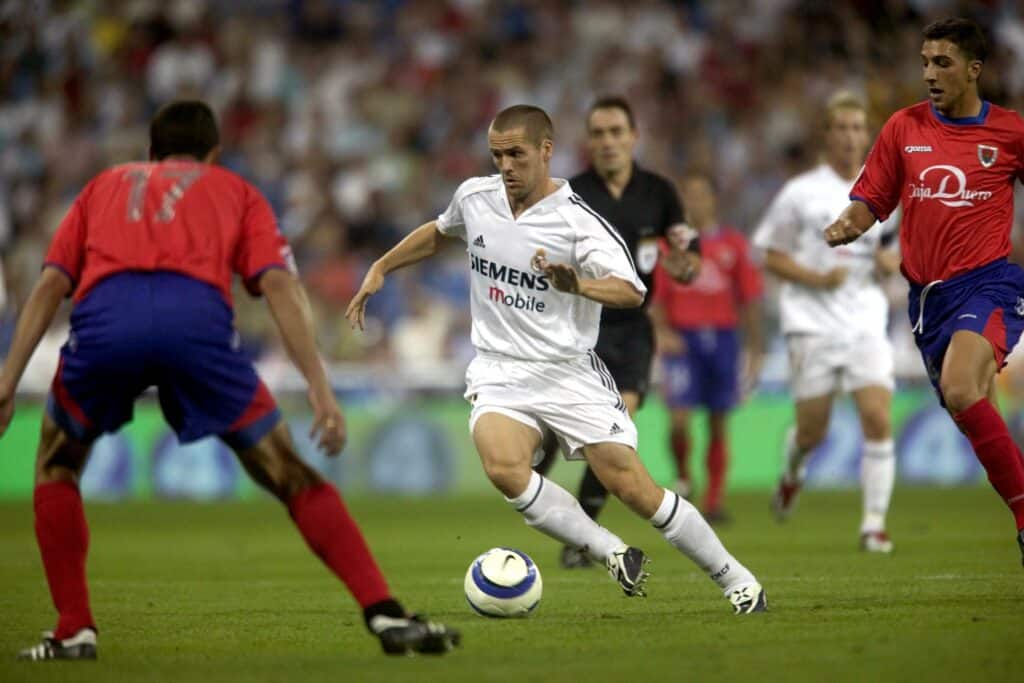
Michael Owen’s top performances paved the road to Real Madrid (source: Imago)
The Owen Effect on Future Footballers
Michael Owen’s impact on the game goes beyond his on-field exploits. As the youngest English Ballon d’Or winner, he inspired a generation of footballers who saw him as proof that age was no barrier to success.
His tenacity, work ethic, and unwavering dedication to his craft set a precedent for the future stars of the sport. Today, the likes of Harry Kane, Raheem Sterling, and Phil Foden are living embodiments of the Owen effect, as they continue to excel on the international stage and carry the hopes of a nation on their shoulders.
Conclusion
Michael Owen’s Ballon d’Or triumph in 2001 remains an iconic moment in the history of English football. His meteoric rise to stardom, awe-inspiring performances, and indomitable spirit captured the imagination of football fans around the world. Though his career faced challenges in the years that followed, Owen’s impact on the sport is undeniable.
As the youngest English winner of the prestigious award, he paved the way for future generations to believe in their potential and strive for greatness. Today, Michael Owen’s legacy serves as a lasting reminder of what can be achieved with talent, determination, and a relentless pursuit of excellence.
